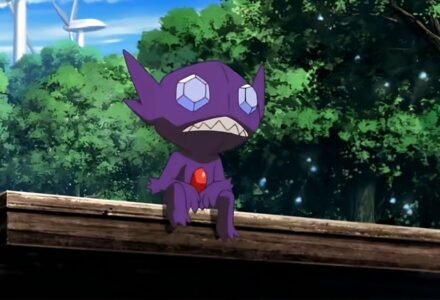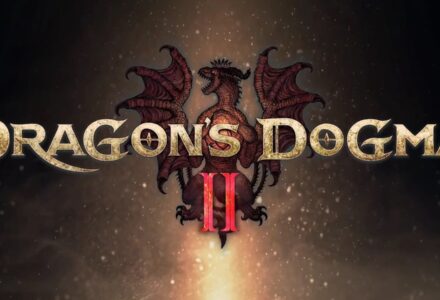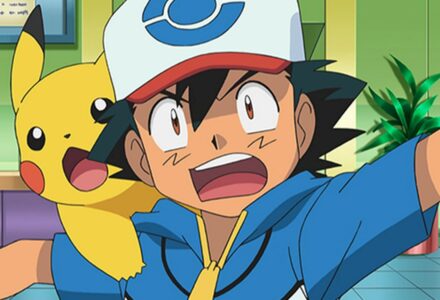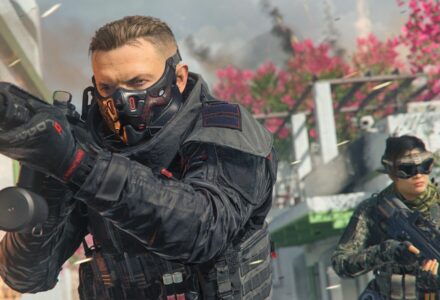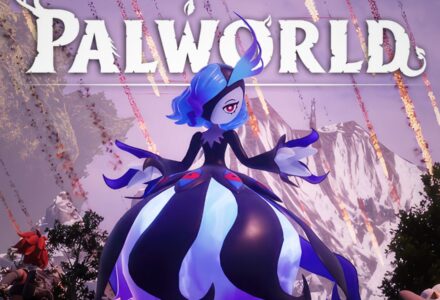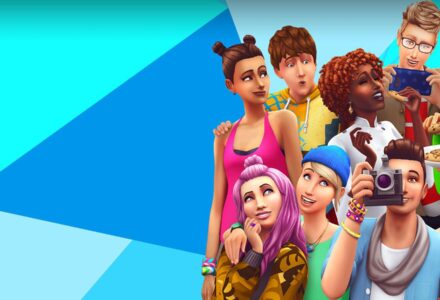This article is part of a directory: Like A Dragon Week Hub
Table of contents
Interviews
Interviews
Kasuga VA Kaiji Tang Wanted To Give The Dragon Of Dojima "The Sendoff Of A Lifetime"RGG Studio Knew "The Time Was Right" For Like A Dragon To Move Overseas
Features
Features
How Yakuza: Dead Souls Almost Killed The Series In The WestXbox Is The Only Way To Play Yakuza: Like A Dragon
Table of contents
Like a Dragon Week has me reflecting on my history with the series, and how rough it was to be a fan back in the PS3 era when localisation efforts took years and official releases proved less and less common. It was hard out there for Yakuza fans, so let’s take a look at why.
My first foray into the series began with Yakuza 4. I bought it out of curiosity, enraptured by a gorgeous limited edition steelbook that hid a beautiful RPG within. Turns out that starting out with the fourth entry wasn’t a great decision, but one I’ll never regret because it was the first time I’d encountered characters like Kazuma Kiryu, Goro Majima, and Shun Akiyama.
Following in the footsteps of Yakuza 3, the fourth entry seemingly listened to complaints from fans after major side activities such as Hostess Clubs were removed from global versions as Sega believed these were ‘too Japanese’ for players to understand. Despite the fact that we were arguably coming to the series for this sort of cultural eccentricity, something it leans on more and more in the modern day with Ishin and Infinite Wealth. But before we touch on any of that, we need to talk about Dead Souls.
Yakuza: Dead Souls And The Destruction Of A Franchise
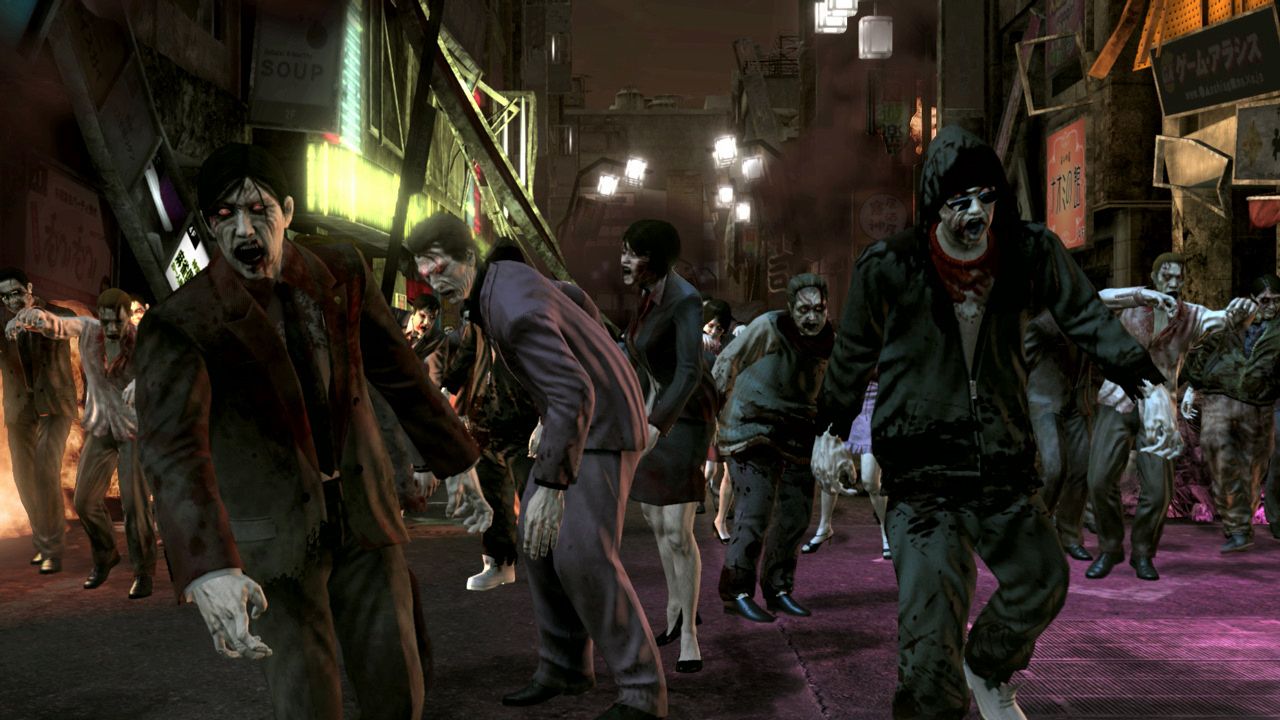
Looking back, it’s easy to see why Sega thought Dead Souls was a killer idea. Zombies had come back in vogue thanks to The Walking Dead, and you couldn’t turn a corner without the rotting corpses shambling towards you promising some sort of pop culture shake-up. But this doesn’t mean shoving zombies into everything would guarantee success, no matter how sick it is to see Kazuma Kiryu wielding a sniper rifle as he fights off hordes of flesh-eating beasts.
Developed in tandem with Binary Domain, and also sharing dev resources, Dead Souls isn’t a canon entry in the series, and builds on the gameplay systems found in Yakuza 4 with the introduction of gunplay mechanics that would have felt outdated on the PS1. Here, they just make an already unwieldy game feel even worse as you fill zombies with lead and fire off a laundry list of special abilities that repeat themselves over and over again.
A random virus has zombies beginning to take over Kamurocho, with the military slowly sealing off different parts of the game world as you progress, forcing characters to get around using either the sewers or rooftops instead of navigating the town we actually have knowledge of and enjoy. This fundamental error of judgement (pun intended) made Dead Souls such a mechanical failure. Kamurocho is Yakuza, and forcing you out is like forcing a child to eat the raisins out of their cookie and leave the doughy goodness for someone else. It also makes the brief moments of downtime you have to play arcade games and go on dates all the more jarring.
Dead Souls Didn’t Understand What We Wanted From The Series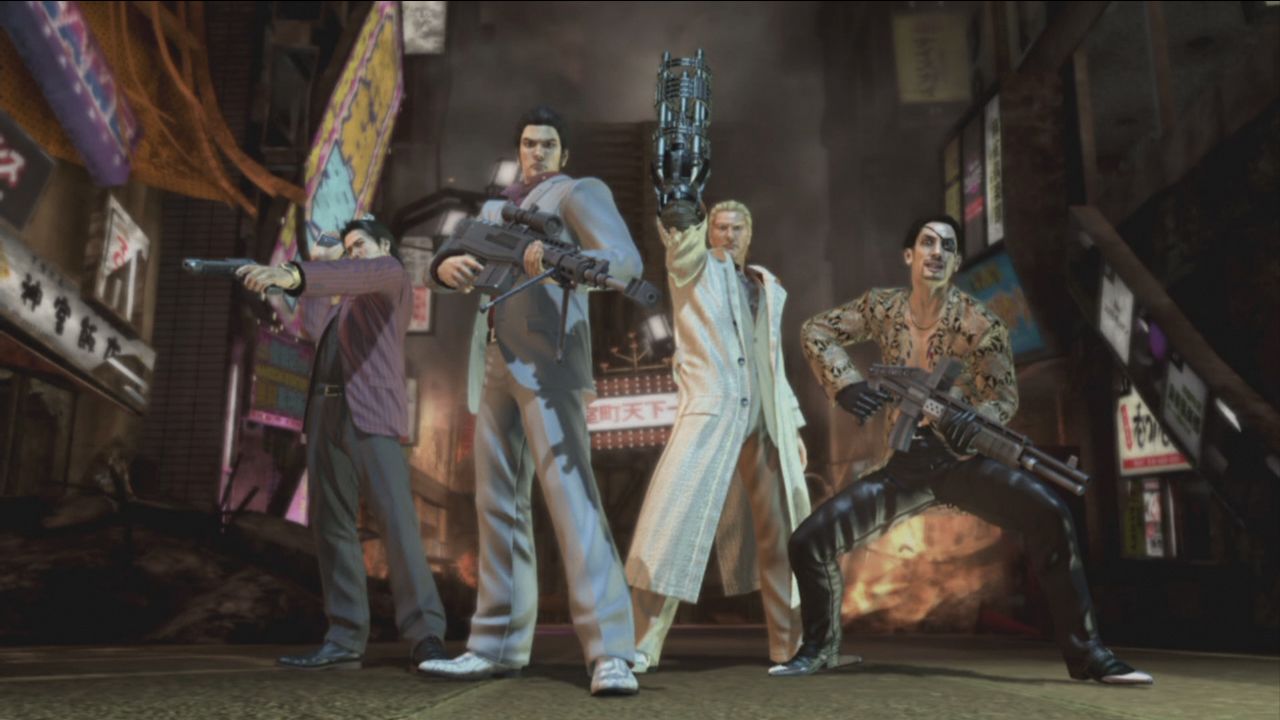
While Dead Souls isn’t without merit, it will always be viewed with derision by fans. If you push the zombies aside, it has a lot of the ingredients you’d expect from Yakuza. There is a surprising amount of earnestness within its narrative, and the production values equal those of the main series as you play as a quartet of protagonists, each with their own arcs and cool gameplay mechanics. It feels like a victory lap, if the duration of the race was spent running away from the undead. It’s janky yet charming, putting a playful spin on classic horror tropes with a distinct Yakuza flavour. But this can’t excuse a game that simply feels bad to play and is paced in a way that actively goes against what we come to the series for.
You come to Yakuza for endearing characters and a dense yet beautiful open world packed with things to do, not to have that setting increasingly blocked off until all that’s left is corridors of zombies to dispatch with awkward shooting mechanics. Even when you put aside its worthwhile charm and the connections it has with previous games, Dead Souls is a mess.
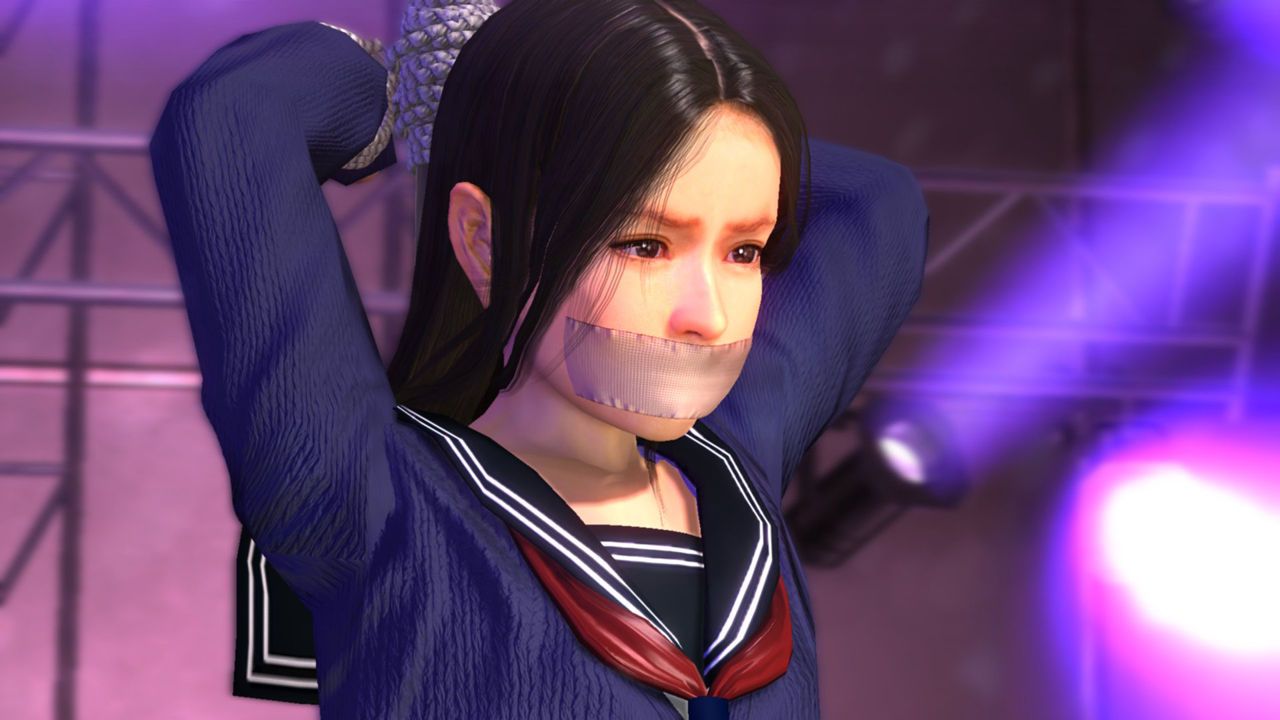
Dead Souls would go on to sell 550,000 copies worldwide, with 300,000 of those in Japan. It also amassed lukewarm reviews compared to previous entries, with its focus on gunplay and a confined open world only serving to highlight its more obvious faults.
Less than 200,000 in sales for a series that was already failing to justify its place in the international market made Sega pull the plug, and it took several years of fan campaigns for Yakuza 5 to finally receive a digital release in 2015, three whole years after the original Japanese launch. Fans got left out to dry through no fault of their own, and had to wait for the industry to finally catch up.
From The Lows Of Dead Souls To The Highs Of Infinite Wealth
The game would also see its initial release delayed following Japan’s 2011 earthquake and tsunami due to how it depicted a major region of central Tokyo in a state of destruction. It was the right move, but it stopped a game in its tracks that had little momentum to begin with. By the time it reached overseas, fans were already annoyed by the series moving in a drastically different direction with increasingly bloated ideas. The series needed a reset, something it would receive with Yakuza 0 and Yakuza 6: The Song of Life, which acted as stellar entry points and technological restarts for the entire franchise.
Looking back on Yakuza: Dead Souls, it was a low point in the series that saw it stalled for several years outside of Japan, with Sega afraid to embrace a franchise which was known for its Japanese eccentricities that, on a surface level, didn’t seem like it would work around the world. But this came from a place of ignorance, or an unwillingness to give Yakuza a chance and rely on such strengths instead of treating them as weaknesses.
Once that work was done, it all fell into place. You could arguably say the same about Persona, which helped in paving the way for such games in the West instead of fearing that the majority of players would happily walk away. On the contrary, and over a decade later, there are more of us than ever.
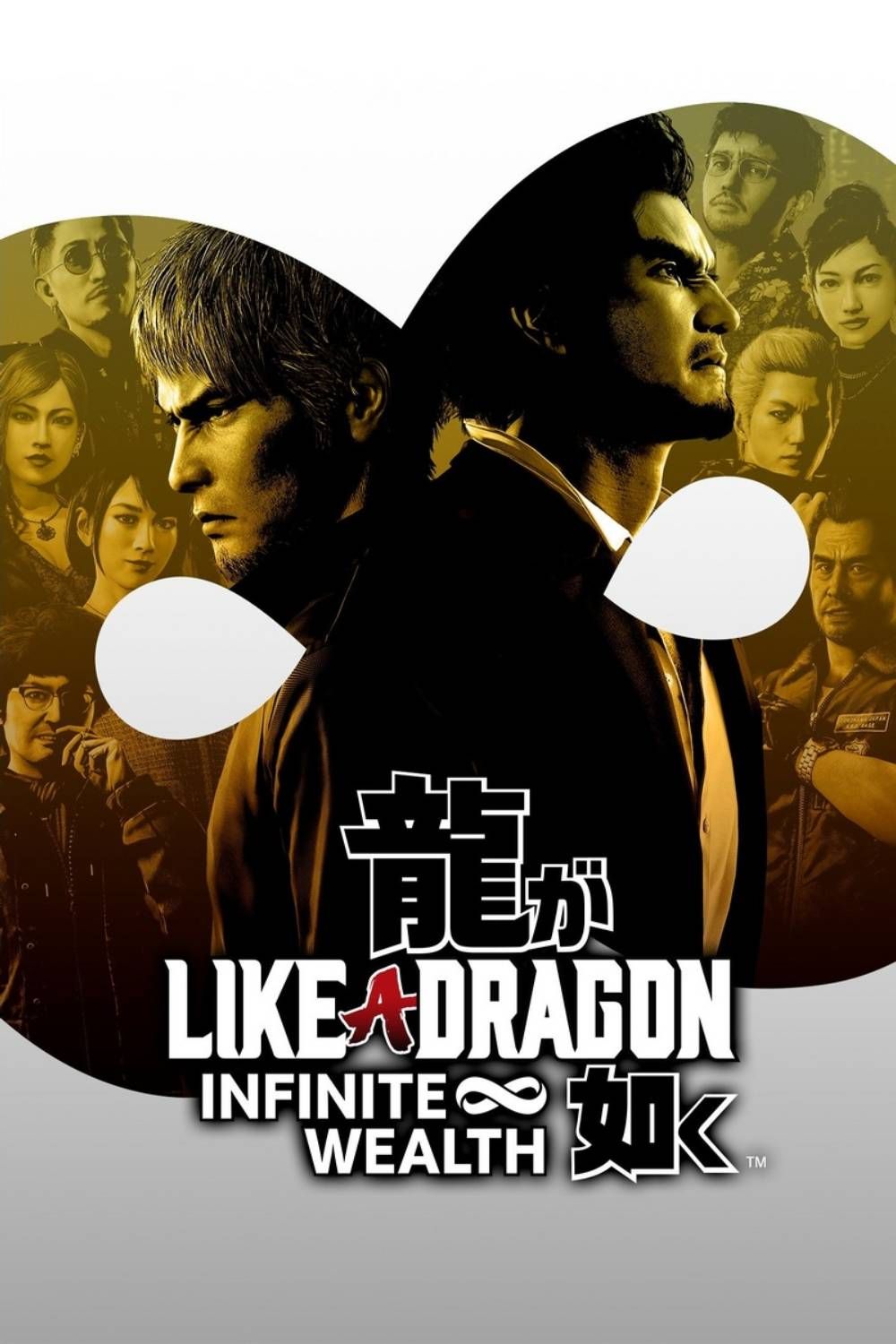
Like A Dragon: Infinite Wealth
Like A Dragon: Infinite Wealth continues the story of Ichiban Kasuga, in the ninth mainline entry in the series formerly known as Yakuza. It will once again feature turn-based combat, and takes our protagonist outside of Japan for the first time.

